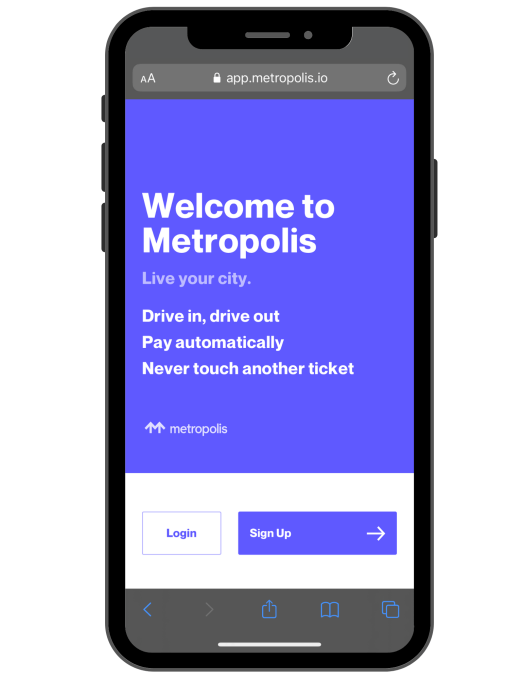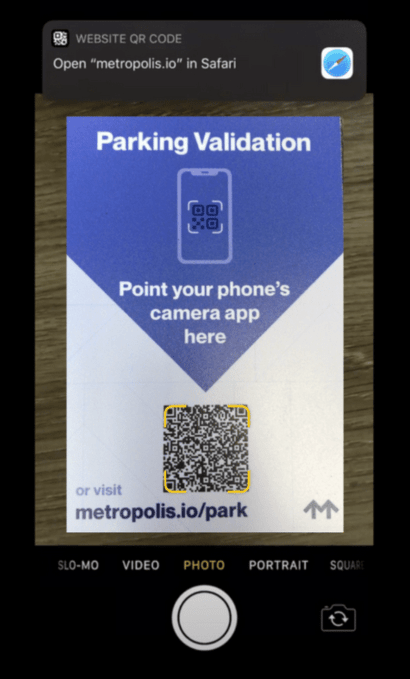One of the co-founders of FanDuel has raised $30 million to fund a startup — Hone — that’s providing a platform for “enterprise-scale,” exec-level learning and development. Coming on the heels of a $16 million Series A round in November, Hone today closed its Series B, which had contributions from 3L Capital (which led the round), F-Prime Capital, Cowboy Ventures and Slack Fund. The new capital will go toward experimentation with “intelligent” recommendations and reinforcement, CEO Tom Griffiths said, to “enhance the learners’ experience” and “drive even more successful learning outcomes.”
After co-launching FanDuel and helping to grow the sports betting outfit to hundreds of employees, Griffiths tells TechCrunch that he was inspired to reinvent the training experience for today’s workplaces. He connected with Hone’s second co-founder, Savina Perez, at a conference over the shared belief that leadership upskilling should be widely available.
“Given [Perez’s and I’s] complementary skill sets, her experience in business-to-business marketing, and mine in business-to-consumer product, we decided to work together to make our vision to democratize executive-quality people skills education a reality,” Griffiths said. “[W]e set out to democratize access to executive-quality training — making it available to all employees across an enterprise. To do that, we had to make it scalable and accessible — which is why we were online from inception.”
Hone offers live, small-group, exec-focused instruction with modules to reinforce concepts through real-time practice and feedback. Across content verticals like management, team dynamics and well-being, the platform provides curriculum-based training led by instructors including time set aside for peer discussions.
New Hone students enter a four-week bootcamp, with topics selected by the company. From there, they have unlimited access to classes throughout the year.
Corporate learning platforms are practically a dime a dozen (see Go1, EduMe, BetterUp, LinkedIn Learning, Coursera and so on), but Griffiths avers that Hone stands out because its content isn’t pre-recorded and emphasizes skills-based courses as opposed to one-on-one coaching. Beyond this, Hone offers automation tools for HR admins, like automatic scheduling and attendance tracking for training.
Instructors are paid “hundreds of dollars per hour,” Griffiths said — increasing with expertise and experience with Hone. He claims that it’s four to five times what they typically earn on one-on-one coaching platforms, warranted because of the greater responsibility and Hone’s pooled budget structure.
Future plans include in-person events where execs will be able to connect and exchange ideas, Griffiths says.
“We’ve implemented integrations with [platforms] like Workday, Rippling and SAP SuccessFactors. We also upgraded our electives offering so learners can choose from an even wider array of master classes in the learner-led portion of their experience,” Griffiths said. “From a content standpoint, we’ve enhanced our core manager training offerings with live practice labs and team-based classes [and] added learning pathways for individual contributors and emerging executives.”
When asked about growth prospects, Griffiths says the pandemic was a “huge tailwind” for Hone, driving its customer base to expand to brands including Indeed, ConocoPhillips, Pacific Sunwear, Allscripts, TomTom and Aramark. While not disclosing revenue, Griffiths says that Hone is actively hiring, with the goal of bringing on roughly 30 employees by the end of the year (the company currently has 70).
“We were extremely well-positioned for the challenges that the pandemic posed for learning and development. And our people-skills focused training is so universal across industries so we haven’t seen much of a slowdown, despite the cooling we’ve seen in the technology industry,” Griffiths asserted. “In fact, there’s a false impression that training budgets are the first to be cut in a down economy. That’s not what happens at companies that are focused on retaining their best talent. If you’re laying people off or freezing headcount, smart companies understand that learning and development is critical to keeping their best people and getting more from them in a tighter environment.”
Hone’s total raised stands at $52 million.
Hone raises $30M to grow its corporate learning platofrm by Kyle Wiggers originally published on TechCrunch


